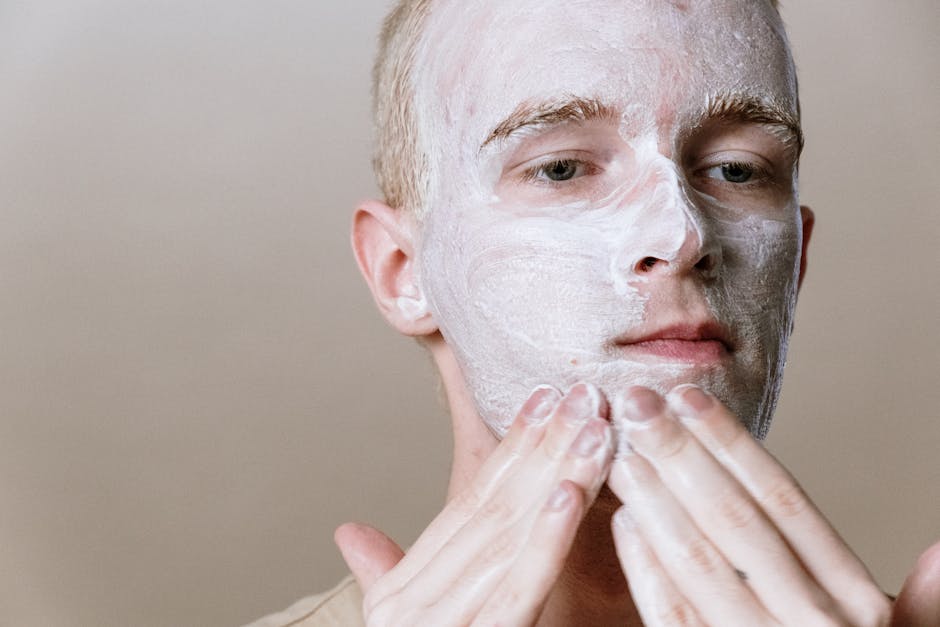Acne, a common skin condition characterized by pimples, blackheads, and whiteheads, can affect people of all ages and skin types. While it is often associated with adolescence, acne can persist into adulthood, causing distress and affecting self-esteem. Fortunately, there are effective treatments available to cure acne and achieve clear, radiant skin.
**Understanding the Causes of Acne**
Acne occurs when hair follicles become clogged with dead skin cells and oil (sebum). This creates an environment conducive to bacterial growth, leading to inflammation and the formation of pimples. Hormonal changes, such as those that occur during puberty and pregnancy, can trigger acne by increasing sebum production. Other potential contributing factors include genetics, stress, and certain medications.
**Over-the-Counter Remedies**
For mild to moderate acne, over-the-counter (OTC) treatments can be effective. These typically contain ingredients such as benzoyl peroxide, salicylic acid, or glycolic acid. Benzoyl peroxide kills bacteria and reduces inflammation, while salicylic acid exfoliates the skin and helps unclog pores. Glycolic acid is a gentle exfoliator that promotes cell turnover.
**Prescription Medications**
For more severe acne, prescription medications may be necessary. These medications include topical retinoids, antibiotics, and oral contraceptives. Topical retinoids, derived from vitamin A, help unclog pores and reduce inflammation. Antibiotics, such as erythromycin or clindamycin, target bacteria that contribute to acne. Oral contraceptives can regulate hormone levels and reduce sebum production.
**Lifestyle Modifications**
In addition to medication, certain lifestyle modifications can support acne treatment. These include:
* **Washing your face twice daily:** Use a gentle cleanser that does not irritate your skin.
* **Exfoliating regularly:** Exfoliation removes dead skin cells and helps unclog pores.
* **Moisturizing:** Even oily skin needs moisture to stay healthy. Choose a non-comedogenic moisturizer that will not clog pores.
* **Managing stress:** Stress can trigger acne flare-ups. Find healthy ways to manage stress, such as exercise or yoga.
* **Eating a healthy diet:** While no specific diet has been proven to cure acne, some studies suggest that limiting dairy, sugar, and processed foods may be beneficial.
**Professional Treatments**
If OTC medications and lifestyle modifications are not effective, professional treatments may be considered. These include:
* **Laser therapy:** Laser treatments can target bacteria and reduce inflammation.
* **Chemical peels:** Chemical peels exfoliate the skin and promote cell turnover.
* **Extraction:** A dermatologist can manually extract pimples to remove bacteria and reduce inflammation.
**Conclusion**
Acne can be a frustrating and challenging condition, but it is treatable. By understanding the causes of acne and following a comprehensive treatment plan that includes a combination of medications, lifestyle modifications, and professional treatments if necessary, you can achieve clear, radiant skin and improve your self-esteem. Remember to consult with a dermatologist for personalized advice and to ensure the most effective treatment for your specific skin type and needs.

